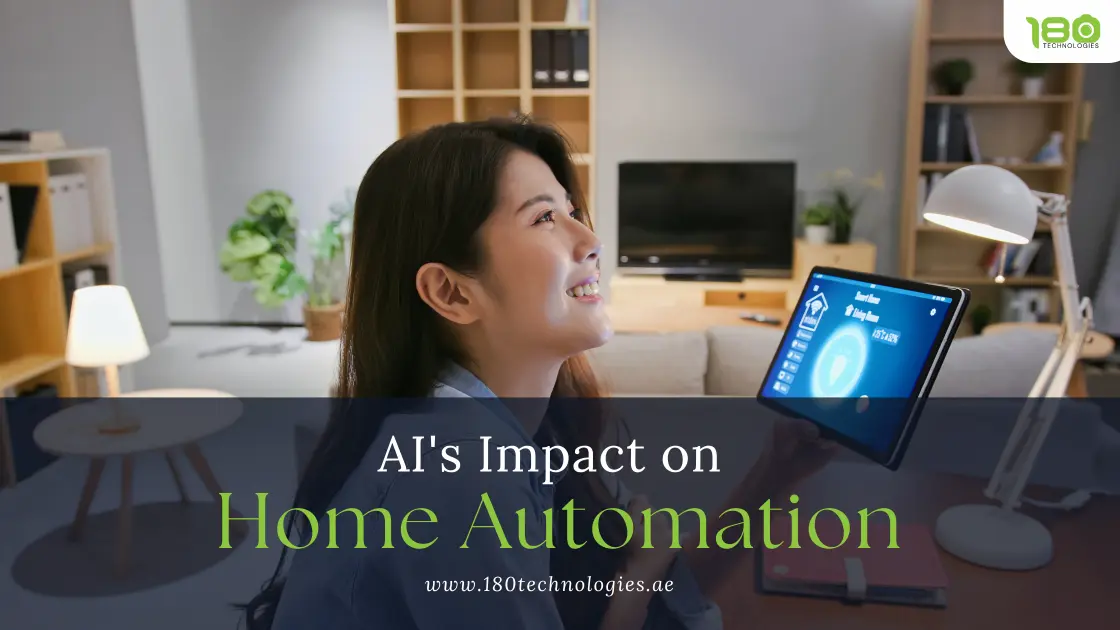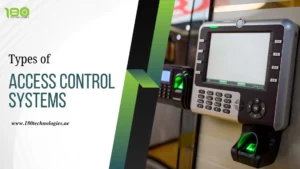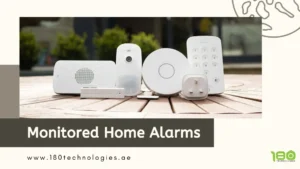Introduction
The achievements made in the field of mobile technology were the biggest revolution of the last century, having a profound impact on our lives and fundamentally changing our way of existence. Artificial intelligence Technology is transforming how we live, from cell phones to “smart homes.” The core premise of a smart home is to provide services that help its occupants save time, energy, and effort, allow fast access to pre-configured daily routines without the need to prompt, and provide security through motion and video surveillance sensors and so on.
For a long time, the home automation market in India was only accessible to a select few, owing to factors such as price, a restricted number of companies, and the use of wire-based devices that required reconfiguring the current layout. Home automation is steadily becoming accepted across segments in India, thanks to the advancement of technology and Wi-Fi-based devices.
Perks of integration of Artificial Intelligence in Home automation
1. Appliance control and settings
Appliances can be controlled through apps, from any given location.
The use of the latest AI technologies has given rise to products that provide instant access to services and can be configured through easy steps, to create settings based on one’s mood.
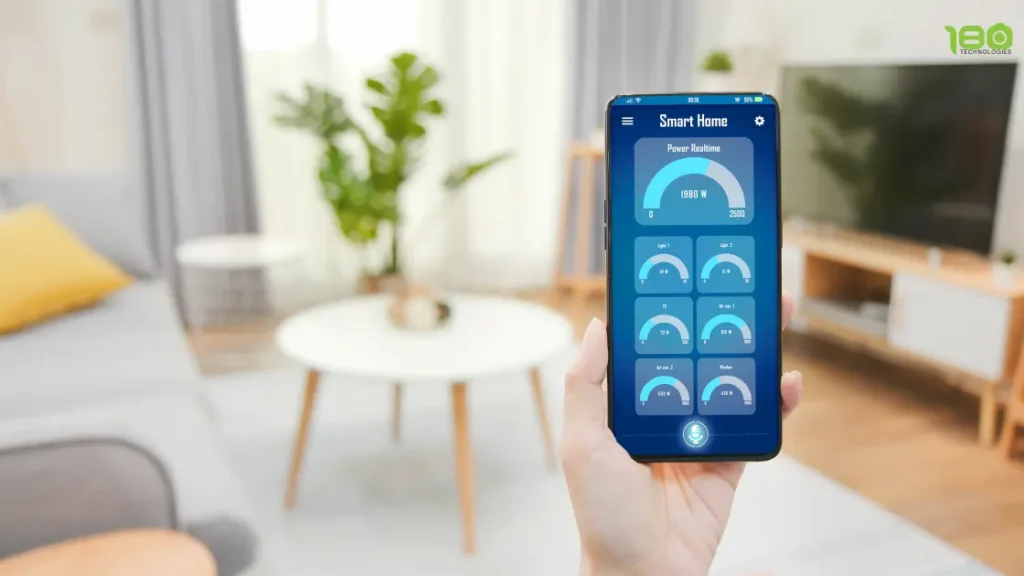
2. Distributed automation and affordability
Instead of having to automate the entire home or business, newer products allow you to install and control just a few essential devices.
Any experienced electrician can quickly install home automation equipment in a matter of minutes, giving you instant control of your gadgets.
3. AI-based Home automation saves both energy and money.
AI-based gadgets give you the ability to manage your gadgets while they are not in use. Similarly, motion sensor-based gadgets can be set to turn off automatically in the absence of people in the room, as well as to deliver services when someone enters the area.
4. Voice-activated devices integration
Several new-generation home automation solutions interact seamlessly with old technologies such as Google Assistant and Amazon Alexa, making them even more convenient to use.
5. Home automation provides safety and security.
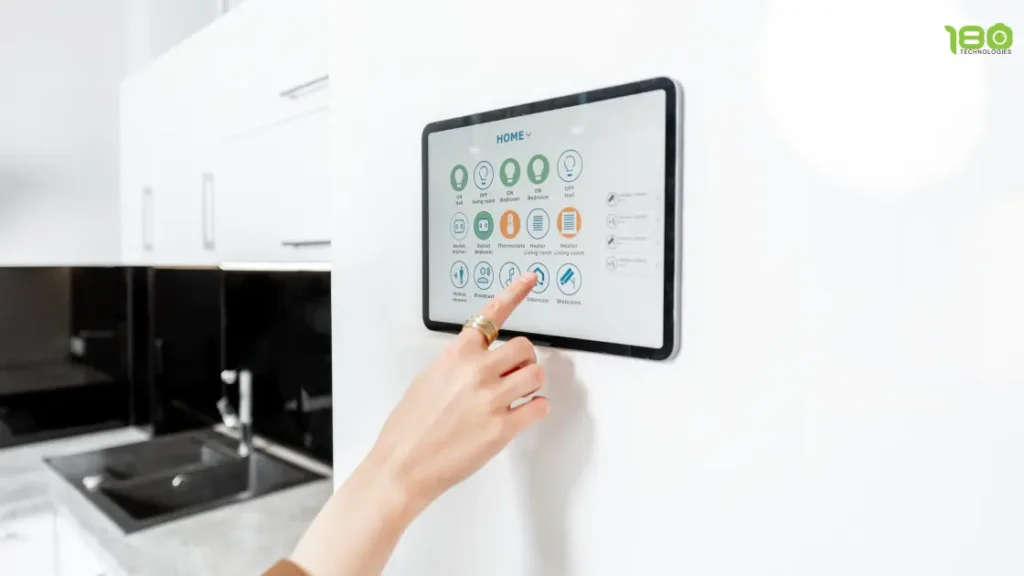
Security features such as video and sensor-based surveillance, appliance failure warning, and video monitoring from anywhere in the world are also available through home automation services. Furthermore, today’s devices include the possibility for dispersed (partial) automation, allowing users to pick and choose services as needed.
Conclusion
In conclusion, the impact of AI on home automation is profound and far-reaching. It is transforming homes into smart, interconnected ecosystems that cater to our needs in ways we once only imagined. As technology continues to evolve, the possibilities for AI in home automation are boundless, promising a future where our homes are not just places to live, but intelligent partners in our daily lives. Embracing this technology will undoubtedly lead to a more efficient, secure, and personalized living environment, marking a significant leap forward in how we experience and manage our homes.

